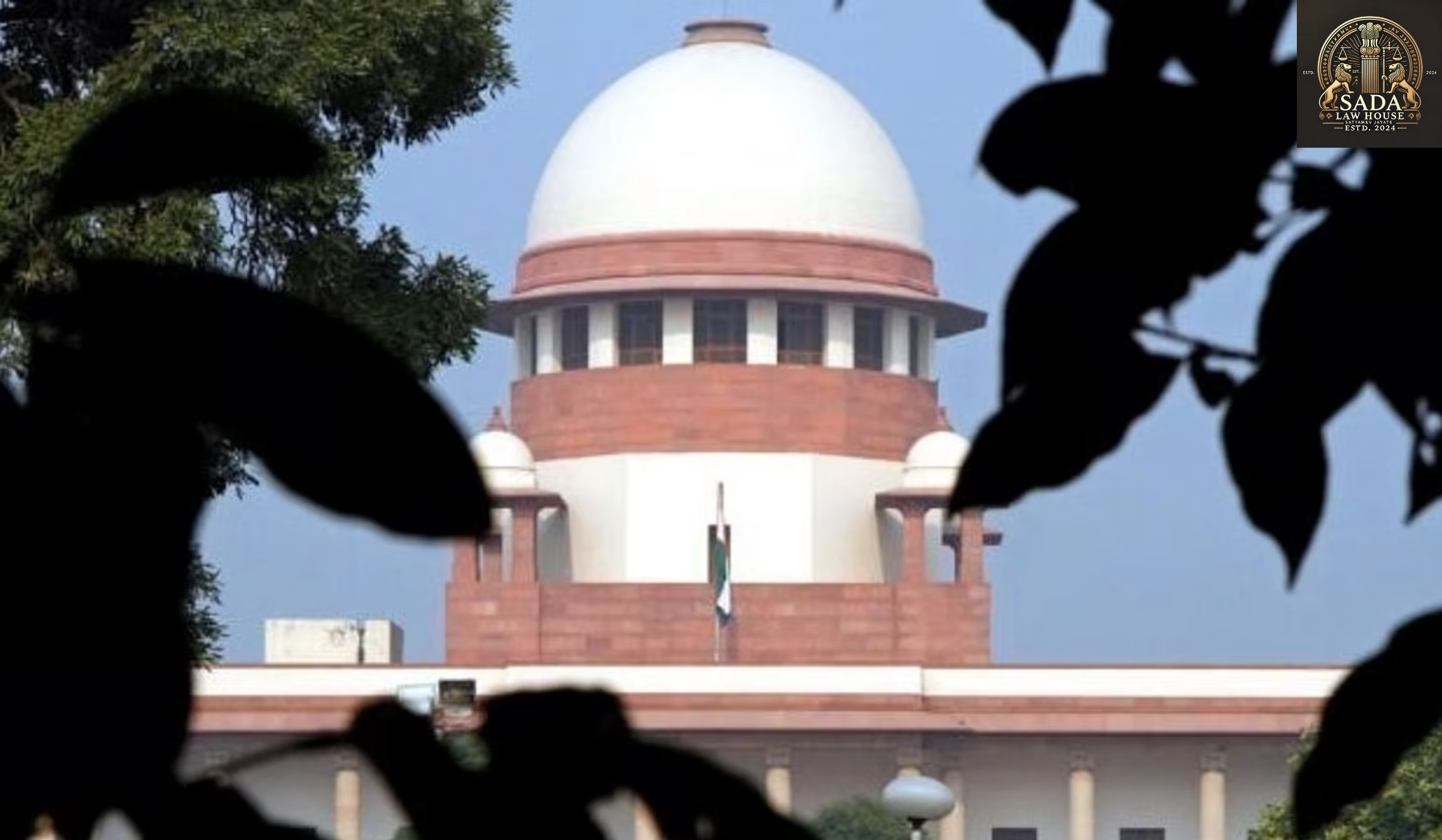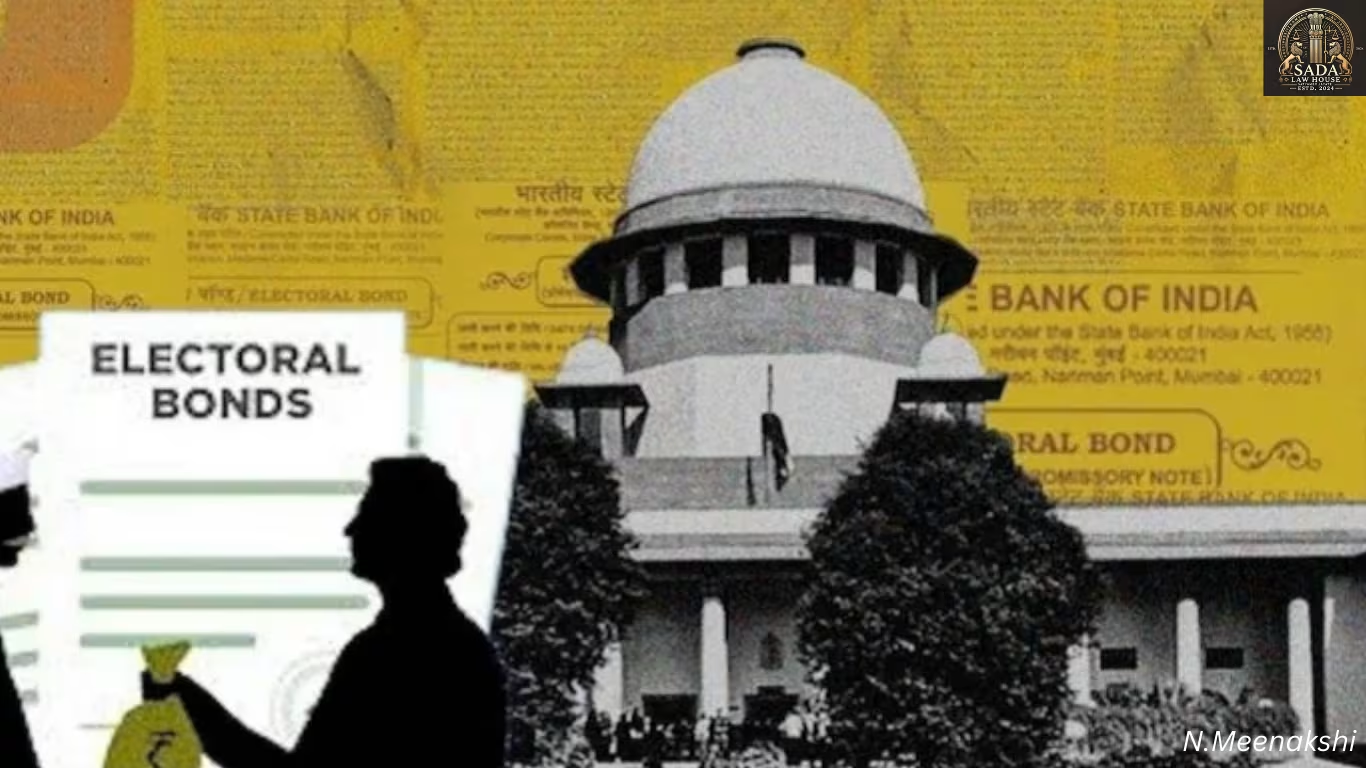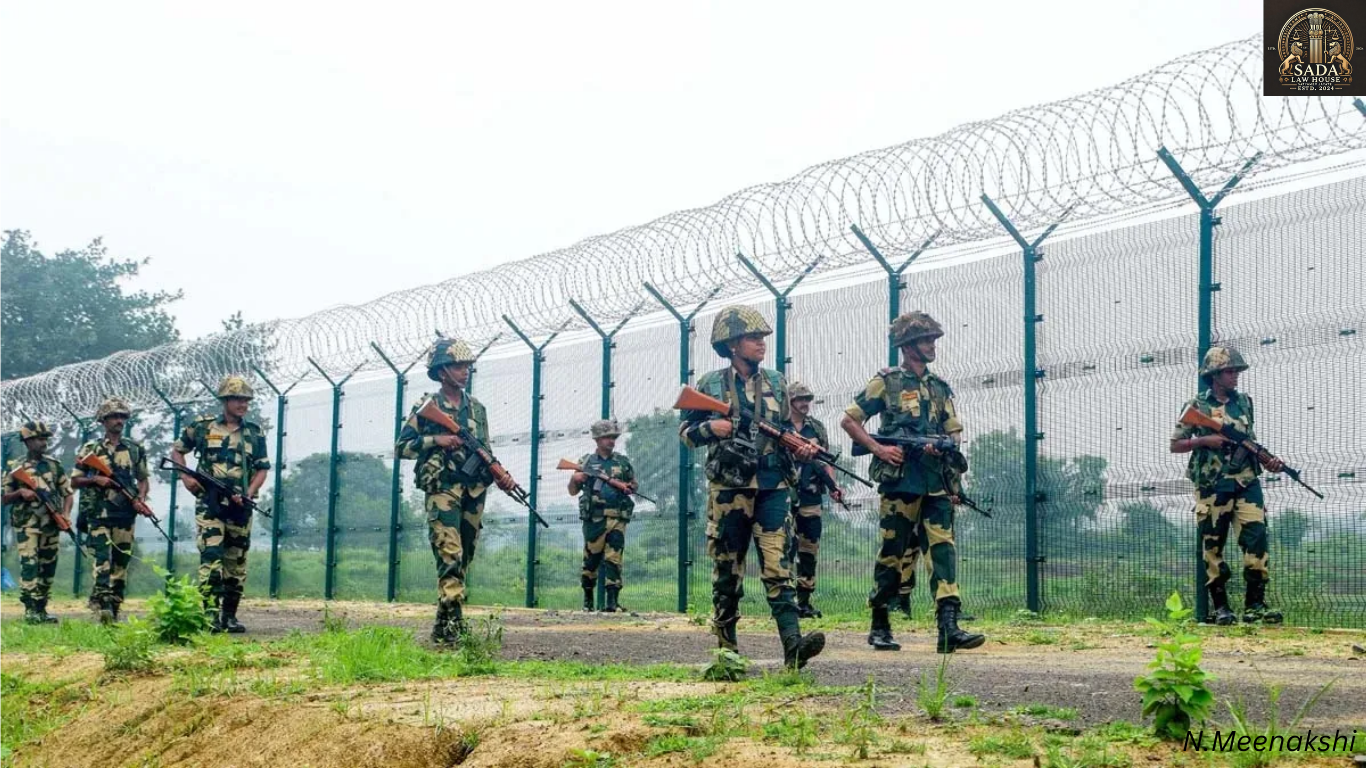Supreme Court Ends 50-Year Shahdara Gurdwara Dispute, Affirms Sikh Ownership
- KASHISH JAHAN
- 06 June 2025

The Supreme Court of India ends a 50-year legal dispute over the Shahdara Gurdwara, affirming Sikh ownership and setting a vital precedent for future religious property cases.
A Landmark Ruling on Religious Property Rights
In a historic judgment, the Supreme Court of India has officially concluded a five-decade legal battle concerning a prominent Gurdwara in Shahdara, Delhi. The Court dismissed the claim by the Delhi Wakf Board that the site qualified as waqf land, instead recognizing the Sikh community’s longstanding religious and historical ties to the site.
Legal Dispute and Historical Background
The conflict arose from the Delhi Wakf Board’s assertion that the Gurdwara was a “waqf by user” property, suggesting that consistent usage over time had converted it into waqf land. However, the Supreme Court ruled that the Gurdwara has existed since 1947, thus invalidating the claim of implied conversion based on historical use. The judgment was grounded in historical evidence and long-standing community association.
Impact and Broader Legal Significance
This verdict not only resolves a long-pending religious property case but also establishes a judicial precedent for similar disputes. The ruling reinforces the significance of verifiable historical documentation in religious land ownership conflicts and highlights the crucial role of the Indian judiciary in preserving cultural heritage and ensuring religious freedom.
Conclusion: Strengthening Religious and Legal Integrity
By siding with factual history and religious continuity, the Supreme Court’s decision safeguards the rights of religious communities and contributes to a stronger legal foundation for addressing disputes involving sacred sites. The ruling is seen as a victory for truth, faith, and the rule of law.
Live Cases






